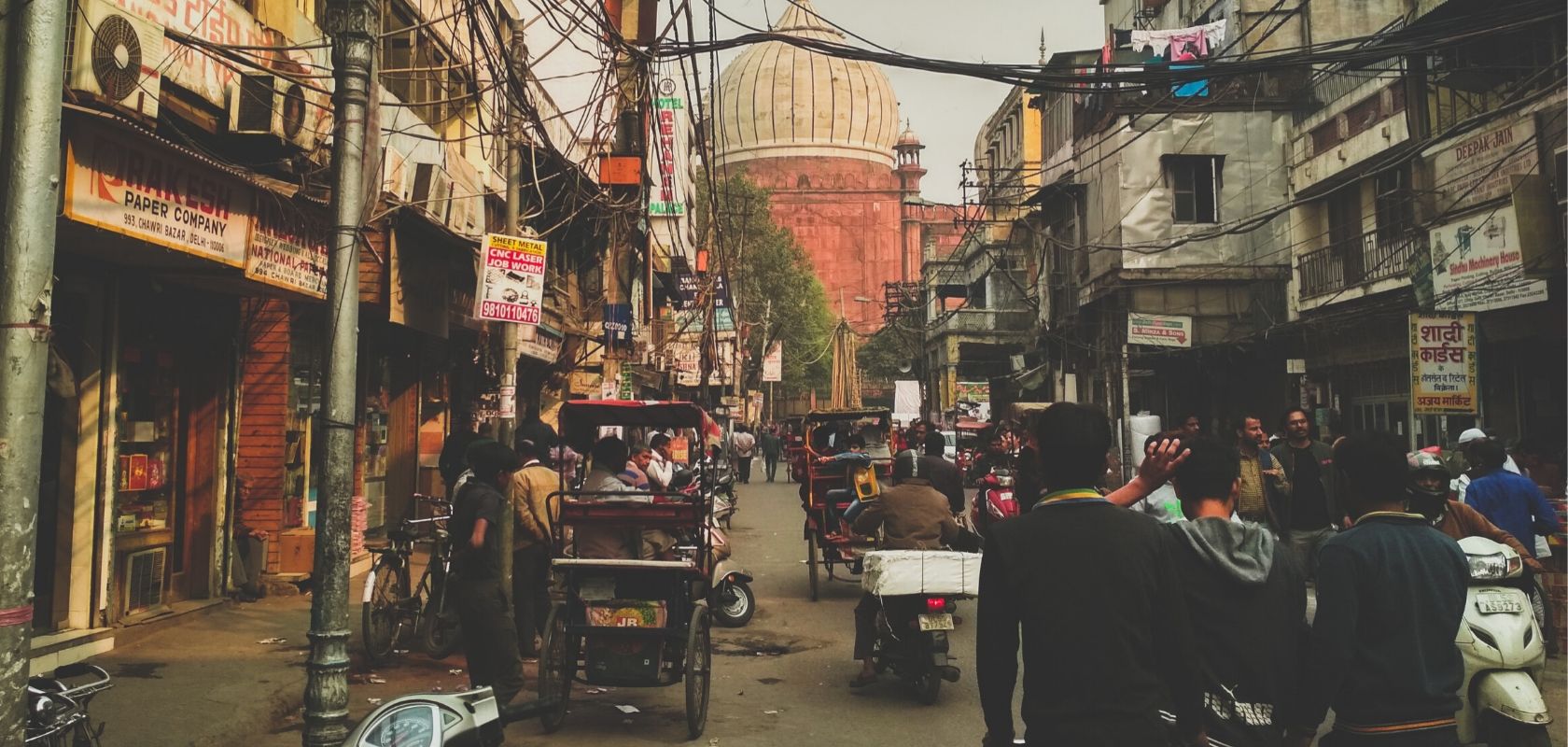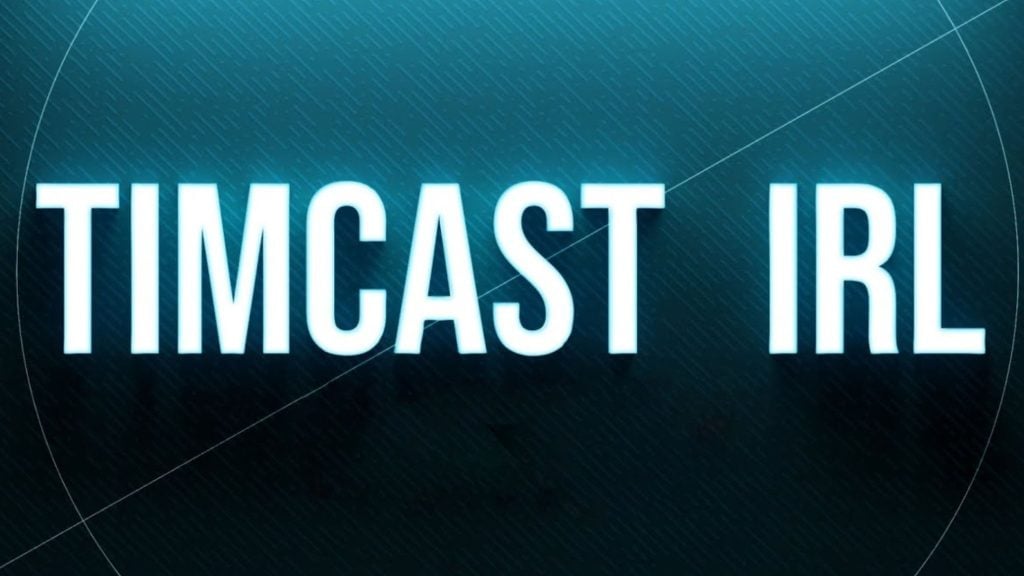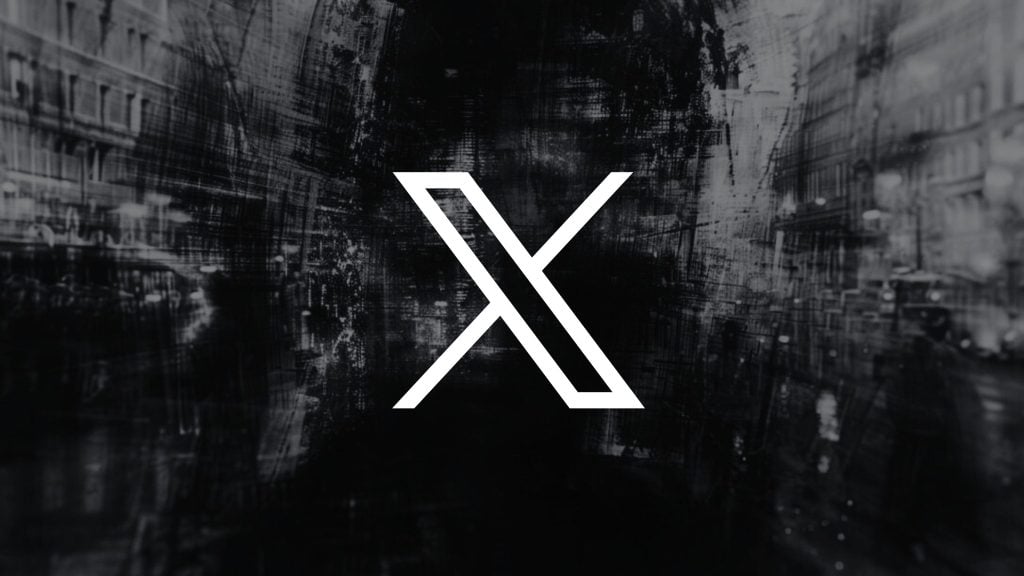The Indian government shut down internet and messaging services in parts of capital city Delhi yesterday. The outage lasted four hours and affected the services of ISPs Vodafone Idea and Bharti Airtel, with Airtel also halting voice calls.
The reason for this shutdown was protests against a new citizenship law that was seen to be discriminating against Muslims, despite a police ban on large gatherings, i.e more than four people. These protests were seemingly organized by students using social media.
The controversial bill is titled The Citizenship Amendment Bill (CAB). Before the bill, Indian law prohibited illegal immigrants from becoming Indian citizens. The new bill amends this by opening a loophole for religious minorities from neighboring countries. India’s neighboring countries Pakistan, Afghanistan, and Bangladesh are predominantly Muslim, making them specifically targeted in the bill, by exclusion, as ineligible. Critics argue this goes against India’s secular constitution.
Click here to display content from Twitter.
Learn more in Twitter’s privacy policy.
Vodafone Idea acknowledged this shutdown on Twitter, saying “As per the directive received from the government, data services are stopped at a few locations”
https://twitter.com/VodafoneIN/status/1207563599725518848
This behavior by the Indian government is not new. It’s been doing this for many years in the troubled region of Kashmir. However these shutdowns have been spreading to other parts of the country and increasing in frequency.
In 2017, West Bengal suffered an outage that lasted 100 days, beaten only by Kashmir’s 133 day outage in 2016 and their currently ongoing 138 day outage. Kashmir has spent significantly more time offline in 2019 than they were online.
Access Now, an international non-profit human rights advocacy group dedicated to an open and free internet, has called Kashmir’s currently ongoing 138 day outage “the longest outage in a democracy.” Raman Chima, lawyer and Asia policy director at Access Now, asked “How can this be constitutional to preemptively shut down the internet?”
Tens of thousands of protestors have taken to the streets in cities across the country on Thursday. Three people have been killed and thousands detained. Two of the three were shot by police officers while trying to set fire to a police station. The third was setting vehicles on fire, injuring dozens of officers.
If you're tired of censorship and dystopian threats against civil liberties, subscribe to Reclaim The Net.









